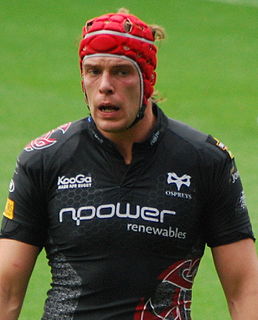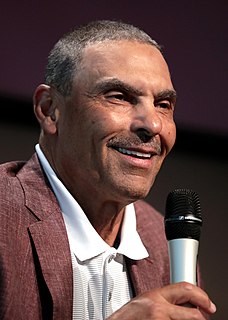A Quote by Bryan Stevenson
We've done a very poor job at really reflecting on our legacy of racial inequality... You see it in the South, but it's everywhere.
Quote Topics
Related Quotes
don't talk about legacy. I have a job to do, and I'm doing it. And I'm not expecting a legacy and I'm not expecting to get pride from some legacy, I'm doing a job that I believe needs to be done. I am willing to do it for the time, and I am not looking for some kind of an accolade or whatever. I don't consider myself anything special. I work hard.
Well, you can do whatever you want, but just don’t call it inequality. Put the word poverty there. Because we have many rich people on our board, and when they see the word poverty that makes them feel good, because [it means] they’re really nice people who care about the poor. When they see the word inequality it makes them upset, because [it means] you want to take money from them.
Sometimes the facts of the crime are so distracting - there's been some tragic murder or horrific incident, and people aren't required to think as carefully and thoughtfully, and directly, about this legacy of racial inequality and structural poverty. And what it's contributing to these wrongful convictions.
...The Court ...[recognizes]...the persistence of racial inequality and a majority's acknowledgement of Congress's authority to act affirmatively, not only to end discrimination, but also to counteract discrimination's lingering effects. Those effects, reflective of a system of racial caste [legal segregation and discrimination] only recently ended, are evident in our work places, markets, and neighborhoods. Job applicants with identical resumes, qualifications, and interview styles still experience different receptions, depending on their race.
I don’t believe it is possible to transcend race in this country. Race is a factor in this society. The legacy of Jim Crow and slavery has not gone away. It is not an accident that African-Americans experience high crime rates, are poor, and have less wealth. It is a direct result of our racial history.
When you live in a poor neighborhood, you are living in an area where you have poor schools. When you have poor schools, you have poor teachers. When you have poor teachers, you get a poor education. When you get a poor education, you can only work in a poor-paying job. And that poor-paying job enables you to live again in a poor neighborhood. So, it's a very vicious cycle.


































